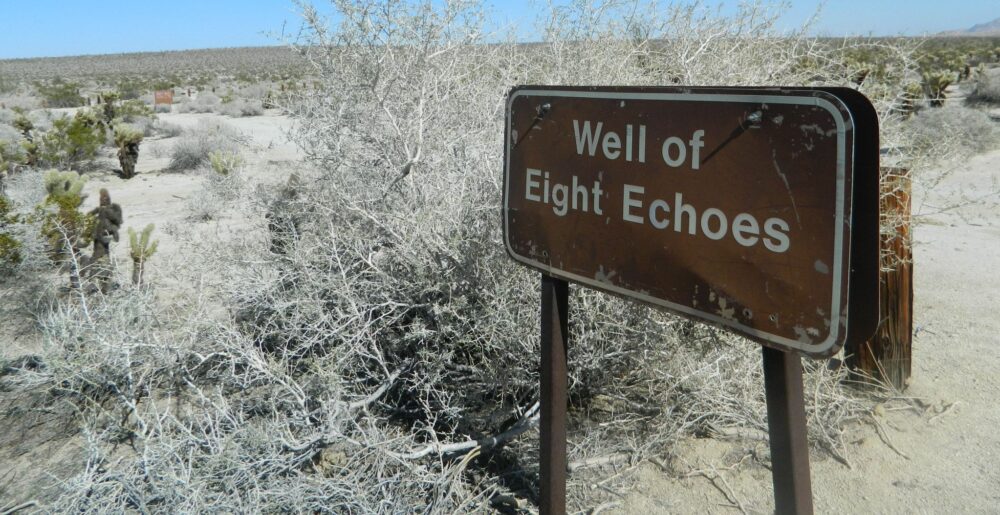authenticity
now browsing by tag
Video: Mel Robbins–How to stop screwing yourself over (TEDxSF)
Want to change your life?
Watch this video:
Remember: if you’re in your head, you’re behind enemy lines.
And remember the 5-second rule.
How to excavate a story from your past: Memoir ideas
Telling a story from one’s childhood is not the same as excavating it. One may think that simply writing out a vignette from one’s childhood addresses issues plainly, but it ain’t so.
Here’s the thing:
First you have to write out the memory exactly as it has been playing in your head for the past umpteen years.
Then you have to go back and fill in the sensory details: Was Mama’s apron black? Or red? Janey insists it was black, but you know it was red. Mental note: dig up old pictures, if possible.
Was music on the stereo? What color were the curtains?
Was the TV on? Were there toys on the floor?
How many people were in the room?
Dinner on the stove?
(Even if you’re in your bedroom, you can smell dinner, right?)
You’ve got to make sure you’ve got the dialogue right. You have to write that down to the best of your recollection before you can feel around the edges of the words for sharpness, or hidden meanings. And you can’t just go groping around smashing the dirt this way and that. You have to tread gingerly. And you have to use the right tools:
That flat shovel can lift an unbelievably thin layer of soil. The round point one is the tester–you know something’s down there, so you cut into the soil with it. (If you click on the picture it’ll take to to a right proper archaeology site :))
The flat shovel is what you use to lift each layer of the memory.
First layer: remember where you are in the memory. Where are you physically, where are you relative to the story, where are you in time?
Second layer: who else is there?
Third: What happened?
Fourth: What was said, and who said what?
Then you start digging with the other shovel and see what you over-turn.
There are some memories I’ve had to sneak up on, just like I would a wispy dream. I tell my brain that my fingers are just fiddling around on the keyboard, and I ignore any possible typos at this point because I’m typing like Stevie Wonder–my eyes are closed, and I’m leaning a little to the left because maybe that’s the way the car was going, and I’m swaying because I know Daddy’s got Johnny Cash on the radio and I’m trying to remember that empty lot on the corner that I liked to play in because I liked the texture of the greasy dirt on the bottoms of my feet.
After you write the bare-boned scene, ask yourself why it is so important. What holds the meaning for you? Why does it hurt to remember it? Or why does it make your heart burst with joy? Maybe you’re standing on the front seat of your daddy’s old white Pontiac, your small hand tucked into the collar of his shirt, and your face is snugged up under his chin where you can smell Old Spice and tobacco, and the memory holds both deep delight and terror, because you’re next to your favorite person, and you know he’s driving drunk…..








 D5 Creation
D5 Creation